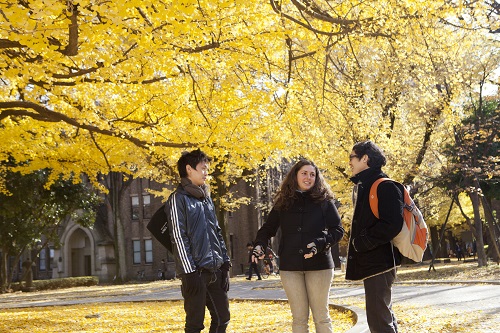Freemasons: The Masonic Murder of Captain Morgan

The Masonic Murder of Captain Morgan
Type the words “Captain Morgan” into any search engine and you will be met with pages dedicated to ‘Captain Morgan’s Spiced Rum‘ before you come across anything to do with Captain William Morgan. This unsung hero was one of the first to shine a light on the inner-workings of the Freemasonic lodges by writing a book exposing Freemasonic rituals. This book would end up costing him his life and it would change the face of American politics for several years after his death.
The Oath of a Mason has a harsh penalty for revealing the secrets of Freemasonry:
… to have the throat cut across, the tongue torn out by its roots, and to have the body buried in the rough sands of the sea, at low-water mark, where the tide ebbs and flows twice in twenty-four hours.
Early Life
Born 1774 in Virginia, Captain Morgan claimed to have served in the military during a conflict between the United States and the British Empire in 1812 which lasted three years, however, there is doubt over this claim as no records exist listing a ‘Captain William Morgan’ from this time. As a young man he was aptly taken on as an apprentice stonecutter (aka. a Mason).
Captain Morgan and the Royal Arch Degree of Freemasonry
Captain Morgan received the Royal Arch Degree from the Western Star Chapter in 1825, however, as there are no records of his original entry into a Masonic Lodge as an Entered Apprentice, Freemasons have claimed that he was not really a Mason at all. By their nature Freemasonic Lodges should be free from prying ears, known to Masons as ‘cowans‘ or eavesdroppers. Morgan was said to have tricked his way into a Masonic Lodge by putting pressure on an associate to give a guarantee for him with the purpose of spying on the meetings.
Whether or not this is true, it is known that he regularly attended meetings and was an active member of the Fraternal Order. It is no doubt then that he would have had an inside perspective, watching, learning and listening to Masonic rituals being performed many times.
As time went on however, suspicions began to rise to the point where the Batavia Masonic Lodge refused his membership to a new Royal Arch Chapter of the Lodge. Furious, Captain Morgan made it publicly known that he would set about to expose the Freemasons by writing a book, possibly the first of its kind, called: ‘Illustrations of Masonry’. This book would outline the details of the first 3 degrees of Masonry namely; the Entered Apprentice, the Fellow Craft andthe Master Mason, these inner workings of Freemasonic Lodges are the very ‘secrets’ to which a Mason’s oath applies. The Freemasons retaliated and the controversy became known as:
‘The Morgan Affair’
Anxious of the repercussions of such an exposé and the need to protect its secrets, the Masons retaliated. Captain Morgan was officially denounced by the Batavia Masonic Lodge and the printing press where his book was due to be published mysteriously burned to the ground. What happened next was so shocking that it radically altered the face of American politics for several years to come. While Freemasons vehemently deny the claims, what follows is accepted by many to be a true account of the events. On September 11 1826, Morgan was arrested after Freemasons had made allegations that he owed a debt. A man claiming to be a friend of the Captain paid his bail and led him away into the autumn night. Captain Morgan was taken to Niagara River and drowned. A body did not wash up on shore for many months.
“… to have the body buried in the rough sands of the sea, at low-water mark”
By that time it had decomposed beyond recognition and needed a coroner’s report to confirm his identity. The report stated the cause of death as suffocation by drowning.
In an effort to silence the Captain, the Freemason’s had inadvertently shined a greater spotlight than Morgan could have achieved while alive. A panic gripped America as awareness of the Freemason Conspiracy came to the fore; not least of all in the political arena. Realising that neither the Republicans nor the Democrats were free from Masonic membership, a new third force arose as a direct reaction to the perceived threat to democracy. The Anti-Masonic Party gained a lot of support in the beginning but this gradually waned while the Freemasons remain strong in number and establishment.
In Memory of…
Despite being overshadowed by a rum drinking pirate, Captain William Morgan is still remembered today for his contribution in helping to expose the secrets of the Masons. Today in Batavia there is a large monument dedicated to the memory of the Captain, containing the story of his brutal demise etched in stone for all to see and so future generations might never forget. Thanks to Captain Morgan’s efforts we now know a lot more about Masonic ritual and the Freemasons in general. There have been many exposés over the years from Masons and non-Masons alike and many others have lost their lives in the process. A lot has been revealed thanks to these efforts but so much more remains veiled in mystery.







